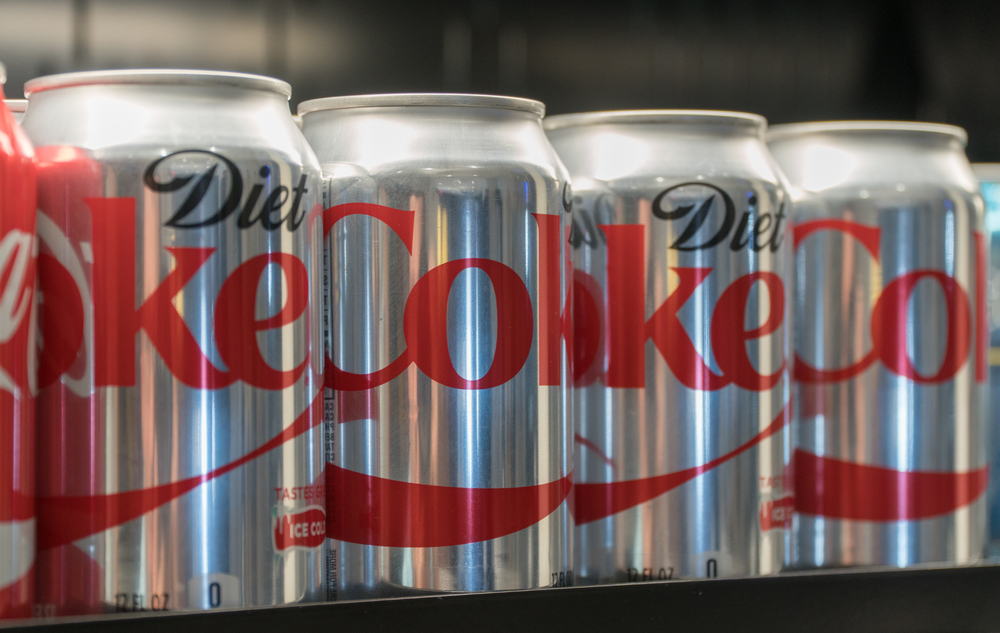While diet soda might be low in calories and sugar, it’s certainly not high on nutritional value. In fact, it has zero. What it does contain are artificial sweeteners, which have sparked plenty of debate regarding their potential health risks. Research is all over the place, but some key red flags suggest it may actually be harmful to your health. One area of concern? The artificial sweeteners in diet soda might mess with your gut microbiome—the collection of beneficial bacteria living in your digestive system. And that’s no small thing.
Researchers have linked the gut microbiome to a range of health benefits, from supporting your immune system to aiding nutrient absorption and even promoting heart health. So, when something like artificial sweeteners starts interfering with this system, it’s worth paying attention. Aspartame, a common sweetener found in diet soda, has raised some eyebrows. One study involving 13 individuals found that aspartame reduced the production of isobutyric acid, a short-chain fatty acid. These fatty acids are crucial for keeping inflammatory diseases at bay and helping regulate body weight. But before you dump all your diet soda down the drain, it’s important to note that more human studies are needed to fully understand how these artificial sweeteners affect gut health.
Diet soda may not have sugar like its regular counterpart, but don’t think that means it’s harmless. It’s still highly acidic, and that acidity can wreak havoc on your teeth. One study conducted in a lab setting found that both regular and diet soda contributed to roughening the surface of tooth enamel—essentially setting the stage for dental erosion. Another study hinted that diet drinks might slightly increase the risk of dental erosion in U.S. adults. However, when it comes to cavities, diet soda seems to get a pass. A 2020 study found that it doesn’t promote dental cavities in children, likely because it lacks sugar, the main culprit for tooth decay.
For some unlucky individuals, chugging diet soda can also trigger headaches. The suspect? Aspartame, once again. A review noted that aspartame consumption was linked to headaches and migraines, particularly among people with neurological or psychiatric conditions. In some studies, participants who took aspartame in pill form reported these symptoms, but it’s worth mentioning that aspartame pills release more of the sweetener into the body than you’d get from drinking diet soda. Still, if you’re prone to headaches, you might want to keep an eye on how much diet soda you’re consuming.
Then there’s the caffeine issue. Some diet sodas are loaded with caffeine, and for a small percentage of people, that caffeine can be a headache trigger as well. So, whether it’s the artificial sweeteners or the caffeine, if you’re finding yourself reaching for ibuprofen after cracking open a can of diet soda, it might be time to reconsider your beverage choices.


